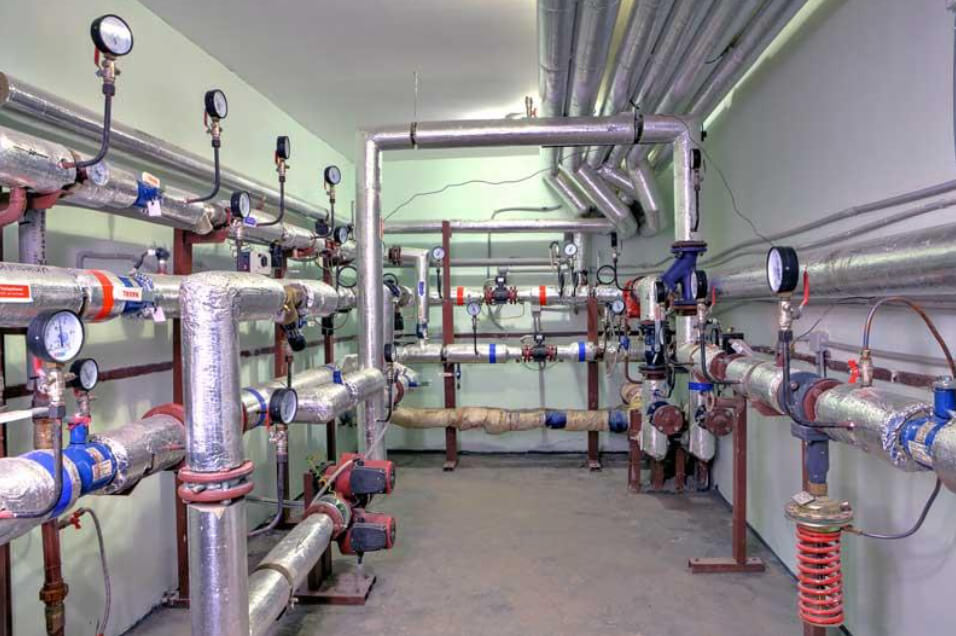
Revolutionizing Real Estate: The Power of Automation
The real estate industry is undergoing a profound transformation, thanks to the integration of automation technologies. Real estate automation is not just a convenience; it’s a game-changer that streamlines processes, enhances efficiency, and provides a more seamless experience for both professionals and clients.
Automated Property Management: A Digital Evolution
One of the key areas where real estate automation shines is in property management. Automation tools enable property managers to streamline tasks such as rent collection, maintenance requests, and lease renewals. This not only saves time but also reduces the margin for human error, ensuring a smoother and more organized management process.
Castle Manager: Leading the Way in Real Estate Automation
For those looking to embrace the benefits of real estate automation, Castle Manager stands as a leading platform. Through Castle Manager, users gain access to a network of professionals and services that leverage automation for property management, transaction processing, and more. Experience the efficiency of real estate automation with Castle Manager at Real estate automation.
Automated Marketing Strategies: Targeted Outreach in Real Time
In the competitive landscape of real estate, marketing plays a crucial role. Real estate automation introduces tools that enable targeted and automated marketing strategies. From personalized email campaigns to social media automation, real estate professionals can reach their target audience with precision and timeliness, maximizing the impact of their marketing efforts.
Transaction Automation: Simplifying Complex Processes
Real estate transactions involve intricate processes and numerous stakeholders. Automation simplifies these complexities by digitizing and automating various aspects of the transaction. From document management to electronic signatures, real estate professionals can navigate transactions more efficiently, reducing paperwork and minimizing the risk of errors.
Data Analysis and Predictive Insights: Informed Decision-Making
The wealth of data generated in the real estate industry can be overwhelming without the right tools. Real estate automation includes robust data analysis capabilities that provide professionals with valuable insights. Predictive analytics, in particular, empowers decision-makers with forecasts and trends, allowing for informed and strategic decision-making.
Enhanced Customer Experience: Personalization Through Automation
Automation in real estate extends to enhancing the customer experience. Automated communication systems, chatbots, and virtual assistants contribute to personalized interactions with clients. This not only improves customer satisfaction but also frees up valuable time for real estate professionals to focus on high-value tasks.
Workflow Automation for Efficiency Gains
Workflow automation is a cornerstone of real estate efficiency. From lead management to property showings and follow-ups, workflow automation ensures that tasks progress seamlessly from one stage to the next. This not only accelerates processes but also minimizes the risk of oversights or delays.
Mobile App Integration: Real-Time Accessibility
Real estate professionals are often on the move, and mobile app integration is a key aspect of automation. With real estate apps connected to automated systems, professionals can access vital information, respond to inquiries, and manage tasks on the go. This real-time accessibility contributes to agility and responsiveness in a fast-paced industry.
Security Measures in Automation: Safeguarding Information
Concerns about data security are paramount in real estate transactions. Real estate automation includes robust security measures to safeguard sensitive information. Encryption, secure authentication processes, and compliance with data protection regulations ensure that client data is handled with the utmost care and security.
Future Trends: The Continuous Evolution of Real Estate Automation
As technology continues to advance, the landscape of real estate automation is set to evolve further. Integration with artificial intelligence (AI), machine learning, and virtual reality (VR) are anticipated trends. These advancements promise even more sophisticated and personalized automation solutions for the real estate industry.
Conclusion: Embracing the Future of Real Estate
Real estate automation is not just a tool for efficiency; it’s a paradigm shift in the industry. The integration of automation technologies empowers professionals to streamline processes, enhance customer experiences, and make informed decisions. Castle Manager’s commitment to real estate automation reflects a dedication to providing users with cutting-edge tools and services that redefine the way real estate transactions are conducted in the modern era.










